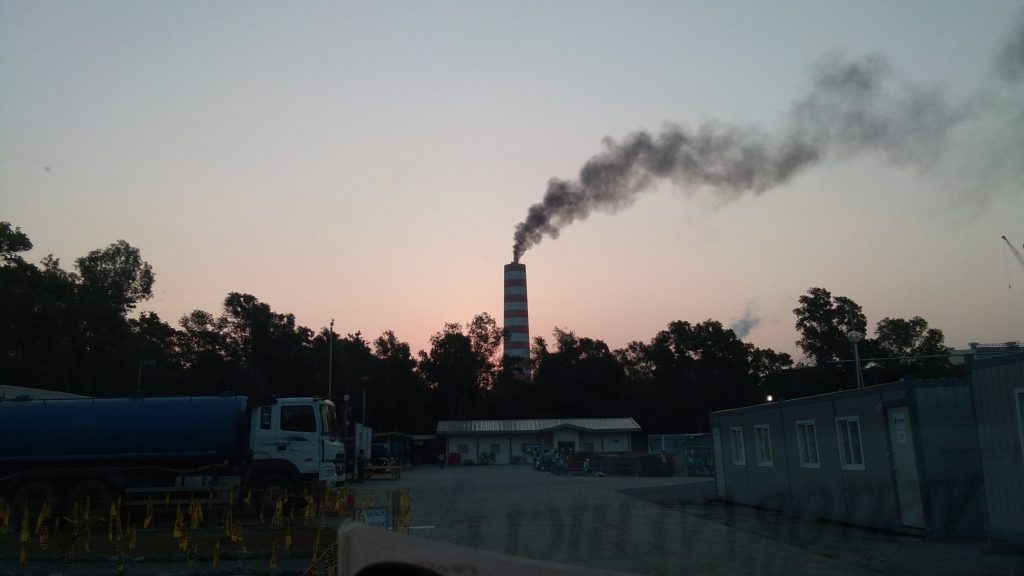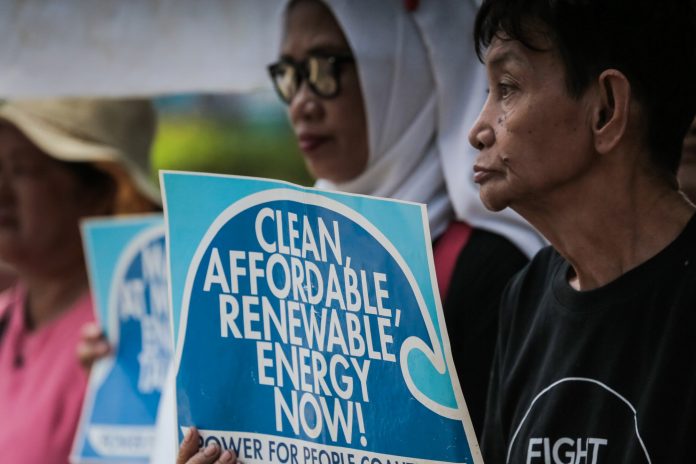Catholic dioceses in the Philippines have issued an appeal to the public “to engage with financial institutions” to invest in clean and renewable energy portfolios.
At least 69 out of the 83 dioceses in the country have expressed their support to a global coal divestment campaign through their social action ministries,
In a statement released on September 28, the dioceses urged the public to convince their banks “to take effect the divestment process” and invest in “clean energy” projects.
At least 15 Philippine banks were found to have channeled at least US$12.63 billion to coal projects and developers from 2009 to 2019.
Coal project financing from these banks enabled the development of at least 8.12 gigawatts of coal power in the country.
The Philippines is largely dependent on coal because it is the cheapest fuel option, however, it also contributes the most to greenhouse gas emissions.
“Coal is our unfortunate contribution to the non-stop destruction of our natural and rich ecosystems,” read the statement from the dioceses.
They also blamed the use of coal to the displacement of communities “especially indigenous peoples, and premature deaths due to health risks.”
In 2019, the Global Coal Exit List reported that the Philippines has the third biggest coal capacity in the pipeline at 12.014 gigawatts of new coal power.
The Philippines has 27 existing coal-fired power plants and 29 proposed new coal projects in the pipeline.
The dioceses said the country’s “dependence on imported coal,” which mostly comes from Indonesia and Australia, reduces the Philippines’ energy self-sufficiency.
They said it also puts the country in greater risks in terms of climate change exposure, price volatility, and unfavorable foreign exchanges.
“[It also results in] high electricity rates, unstable power supplies, and bad investments both for the government and private energy players,” read the statement.

Last year, the Catholic Bishops’ Conference of the Philippines issued a pastoral letter titled “An Urgent Call for Ecological Conversion, Hope in the Face of Climate Emergency” instructing dioceses to make caring for the environment “a special concern.”
It stressed the “Care for Our Common Home” is not only a Christian duty and responsibility but a “moral imperative.”
The letter also encouraged dioceses to “concretely implement” the 13 action points that include the advancement of the coal divestment campaign of the Catholic Church.
Father Antonio Labiao, executive secretary of the social action secretariat of the bishops’ conference, said the country must start “aggressive support” in clean and renewable projects.
He said the appeal made by the dioceses aims to urge all private energy players, especially those in the fossil fuel industry, “to start the just transition to clean energy solutions.”
In his 5th State of the Nation Address in July, President Rodrigo Duterte instructed government agencies to “fast-track” the development of renewable energy in the country.
The dioceses, however, claimed that the president’s statement does not reflect his actions.
The church leaders said Duterte continues to approve and support new coal-fired power plants, including the proposed establishment of three more coal-fired power plants in the northern Philippines.
The Association of Major Religious Superiors in the Philippines has earlier called on religious congregations to check on their banks “if they are using the Church’s money in clean investments.”
Franciscan Father Angel Cortez, executive secretary of AMRSP, said fossil fuel divestment “is, first of all, a choice of moral consistency, for Catholic institutions.”
The priest said it is an obligation for religious congregations to ensure that their banks “do not contribute to the destruction of Our Common Home.”
“As we consider divestment, we must consider our adherence to Catholic Social Teaching more generally,” said the priest.
He stressed that fossil fuel divestment is “a way to care for Our Common Home and for the poorest of our brothers and sisters, who suffer the worst impacts of climate change.”
“Coal divestment isn’t just for religious institutions to maintain their own integrity. It is also a way to take a prophetic stand, creating a moral turning point within society and emboldening or pressuring leaders to address issues they have avoided,” said the priest.









